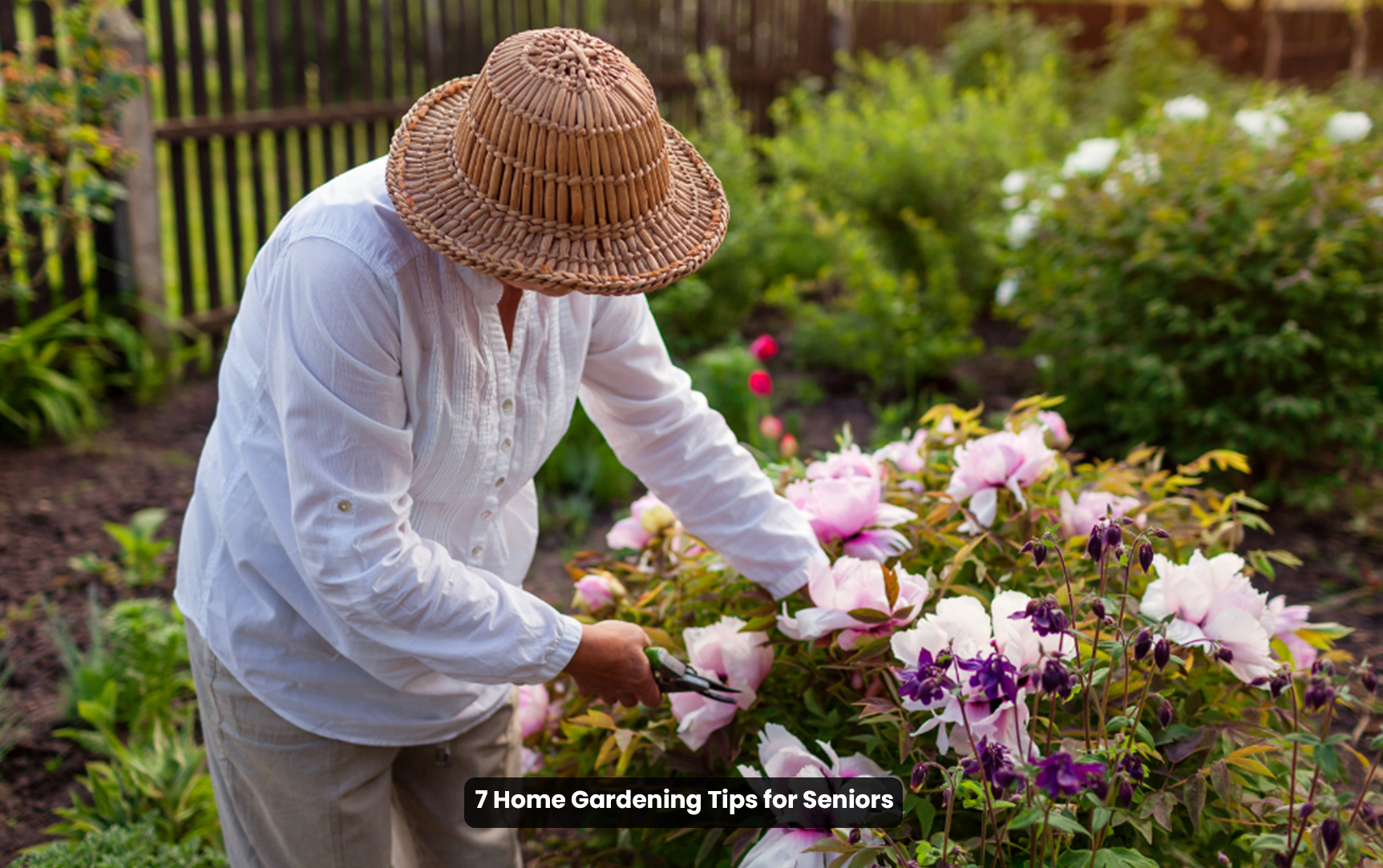
| Benefit | Details |
| Less Strain | Reduces bending and reaching. |
| Improved Drainage | Ensures better water flow for healthier plants. |
| Custom Heights | Can be adjusted to suit your comfort level. |
For seniors seeking low-effort gardening, consider plants like succulents, ferns, peace lilies, and snake plants. These require minimal watering and thrive in various conditions.
Seniors can stay safe by using raised garden beds, ergonomic tools, and lightweight watering cans. Wearing supportive shoes and gardening gloves can also reduce injury risks.
Tools like long-handled trowels, padded kneelers, and lightweight pruning shears make gardening easier and safer for seniors with limited mobility.
Opt for self-watering planters, automated irrigation systems, and perennial plants to minimise maintenance while ensuring a vibrant garden.
Gardening improves physical mobility, reduces stress, and promotes mental well-being. Spending time outdoors also enhances vitamin D levels, supporting overall health.
Ashiana, Ashiana Housing build homes. Homes surrounded by vast green spaces and fresh breeze. Homes cocooned in secured gated complexes. Homes where futures are forged and there are opportunities to grow. And Homes in environments brimming with healthy activity, trust and respect. At heart, we build communities with care.
Other posts by Ashiana
Join 1000+ of fellow readers. Get expert real estate knowledge straight to your inbox absolutely free. Just enter your email address below.